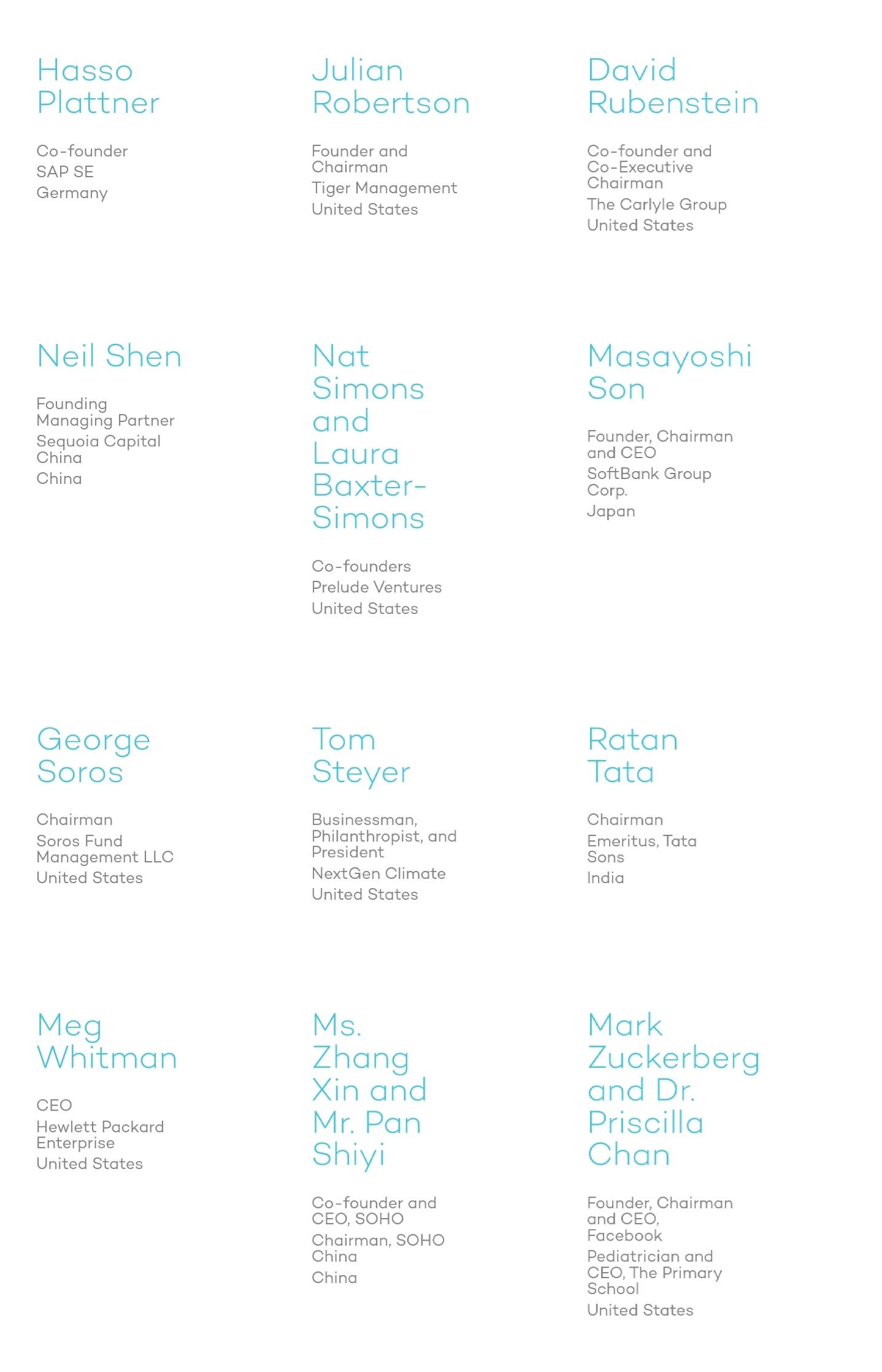Originally posted by rumrocks
View Post
No, instead he said he will stand by the Paris agreement to reduce greenhouse gas emissions! Say Whaaaat!
Looks like your views have had zero influence on O'toole and the Conservatives! LOL


Comment